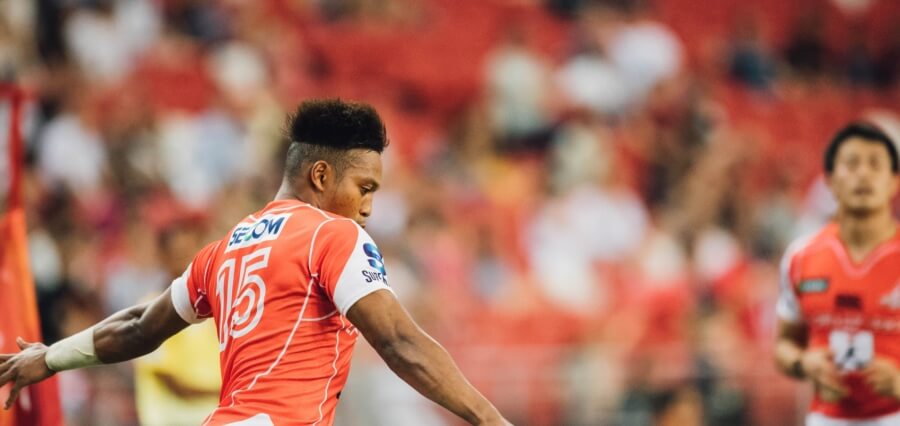Tensions are brewing among broadcast station owners and pay-TV providers as they vie for local rights to air NBA, NHL, and MLB games. Traditionally, regional sports networks (RSNs) held these rights, but as cable TV subscriptions decline and streaming gains popularity, the RSN business model is under strain. This has prompted broadcast station owners, such as E.W. Scripps Co., Gray Television, Nexstar Media Group, and Sinclair, to engage in discussions with leagues and teams to potentially carry games on free over-the-air channels.
The shift from RSNs to direct-to-consumer streaming and broadcast stations could reshape the sports media landscape and disrupt established revenue streams. Broadcasters are viewing this as an opportunity to negotiate higher fees from pay-TV operators by leveraging the popularity of local sports. The prospect of games moving to broadcast stations has raised concerns among pay TV providers, who fear that it might accelerate cord-cutting.
Recent developments, such as Diamond Sports Group’s bankruptcy filing and Warner Bros. Discovery’s exit from the business, have further complicated the situation. Some teams have already struck deals with broadcast station owners to air their games, aiming to reach a wider audience. The NBA’s Phoenix Suns, Utah Jazz, the NHL’s Las Vegas Golden Knights, and more have secured such arrangements.
However, while the transition might offer greater visibility to fans, questions remain about revenue opportunities. MLB, with its larger team territories, presents unique challenges in this context. The league is also exploring direct-to-consumer streaming rights. As the sports media landscape evolves, the future distribution of local sports games is undergoing significant changes, with the potential to impact revenue models, fan access, and the broader television industry.
Read More: https://thecioleaders.com/

